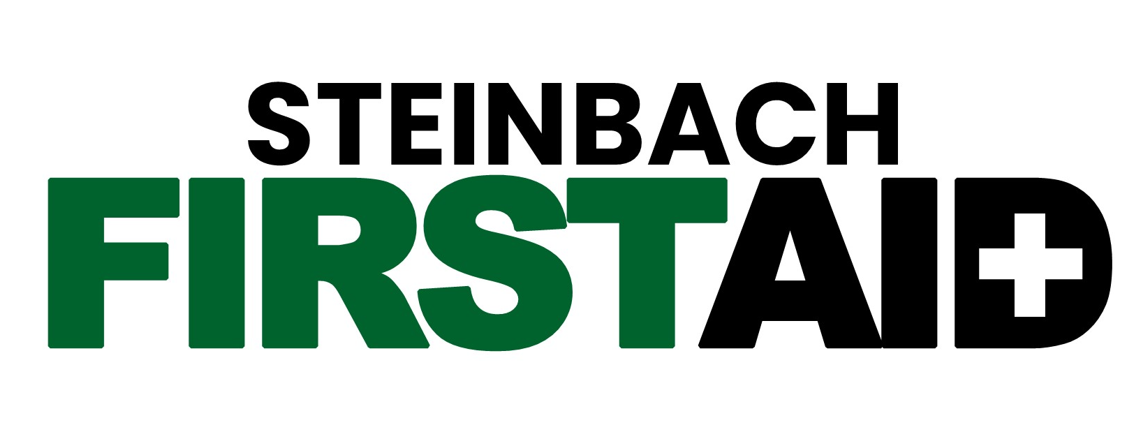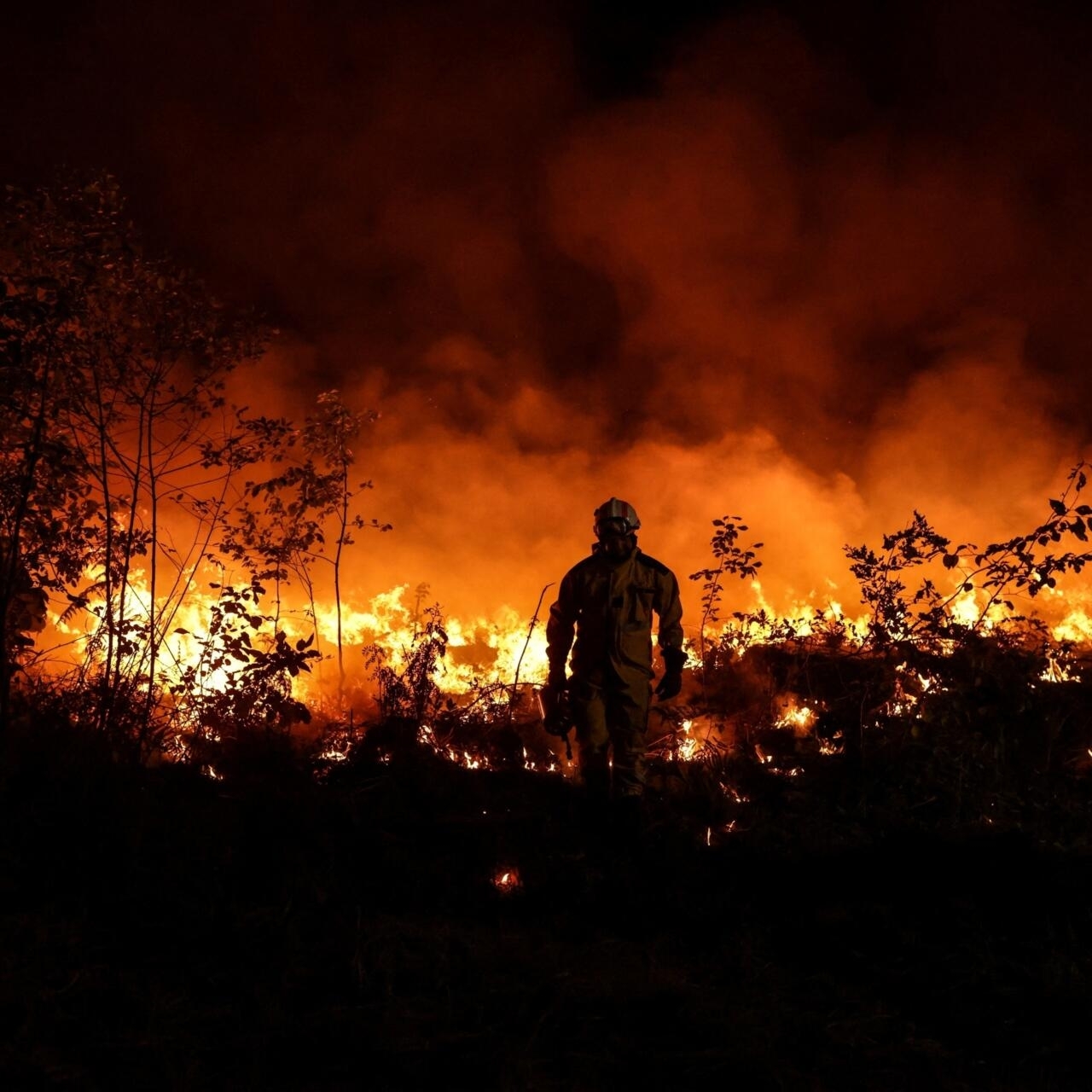Wildfires are Canada’s second most costly disaster and impact every region in Canada. Hotter temperatures and drier conditions are changing the frequency and intensity of wildfires. Wildfire events do not impact communities equally. Indigenous communities are more likely to be evacuated due to long standing socioeconomic conditions and vulnerabilities that become intensified by wildfire and wildfire smoke. Indigenous ceremonial sites, hunt camps, traplines, as well as hunting, fishing and harvesting grounds can also be damaged by wildfires.
Prepare Before a Wildfire
Educate the members of your household. Make sure that your family and the members of your household are prepared, should a wildfire occur or should your area be impacted by wildfire smoke:
- Make a household emergency plan: Consider the specific needs of all members of your household, including older adults, anyone with special health needs, children, children, pets and service animals.
- Prepare your emergency kits: learn more about what items to put in your kit, including quick and easy steps you can take right away.
- Practice your primary escape route, as well as alternative routes out of your community.
- Be familiar with local, provincial, territorial emergency management organizations, their plans and evacuation procedures.
- Take time to learn about emergency planning in your area, as some things are different between cities and provinces.
- Stay informed of weather conditions and advisories in your area.
- Be aware of wildfire smoke, its impact on air quality and health.
- Stay informed about wildfire conditions.
- Check if your wireless phone is compatible with Alert Ready, Canada’s emergency alerting system.
Prepare Your Home
Preventative measures can help protect your home and property before an emergency occurs:
- Remove any fire hazards in and around your home, such as dried out branches, leaves and debris
- FireSmart Canada has information and resources to increase the resiliency of your home and your community to wildfires
- Keep a sprinkler in good working condition available
- Have smoke detectors on every level of your home, preferably in every bedroom
- Test smoke detectors once a month. Replace batteries every 6 months. Replace the smoke detector every 10 years
- Have carbon monoxide alarms in your home that are in proper working order
- Consult with your local fire department or a qualified engineer about making your home fire-resistant
- Know how to turn off the utilities in your residence. Local authorities may instruct you to shut them off
Prepare for Wildfire Smoke
Smoke from wildfires can be a major source of air pollution. During heavy smoke conditions, everyone is at risk regardless of their age or health but some people are more likely to be at risk. Actions to prepare your home for wildfire smoke include:
- Properly seal windows and doors.
- Consider purchasing one or more certified, properly-sized portable air purifiers.
- Purchase a clean, good quality air filter for your ventilation system and air purifiers, and have extra filters available.
- Reduce other sources of indoor air pollution and take steps to improve air quality in your home.
- Be familiar with:
- Air Quality Health Index (AQHI).
- Info-Smog (QC) observation and forecasts.
- WeatherCan app for weather warnings and air quality advisories in your area.
- Weather alerts and air quality advisories.
During a Wildfire
Stay calm. If you see a fire approaching your home or community, report its location immediately by dialing 9-1-1 or your local emergency number. If it is safe enough to do so, take some or all of the following actions:
- Monitor local radio, television or social media for information, warnings, alerts or evacuation orders from authorities and emergency officials.
- Follow instructions. Be ready to leave.
- Pack your emergency kit and any valuables or items that cannot be replaced in your vehicle, in preparation to evacuate.
- Park your vehicle, positioned forward out of the driveway. Keep car windows closed.
- If you are comfortable doing so, post a message in clear view for local authorities to know where a property’s resident has gone and how they can be contacted.
Be Ready to Evacuate
- Make sure that your vehicle is fully fueled. If evacuated, stopping to refuel could be difficult depending on your region or distances.
- Check on elderly relatives and neighbours to see if they require assistance
- If you need assistance, place a help sign in your window.
- If on a farm/ranch, it is preferable to leave animals unsheltered. If time and personal safety permits, move them away from the danger zone.
- Learn more about who does what during an emergency.
- Learn more from your provincial or territorial emergency management organization.
After a Wildfire
Assess the situation. Walking or driving might be difficult. Roads may be littered with debris, trees may be down and traffic lights may not be working.
- Monitor local radio, television or social media for up-to-date information from authorities and emergency officials.
- Seek immediate medical attention if injured.
- Make phone calls ONLY IF immediate emergency assistance is needed. Otherwise, use alternative communication methods.
- Stay at least 10 metres away from downed power lines to avoid electrocution.
- Do not drive through areas with downed power lines.
Credit: getprepared.ca

